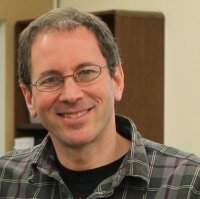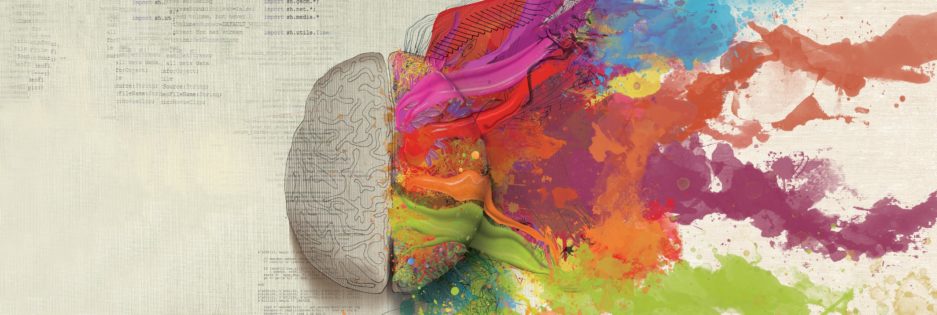In this column, I ask neuroscience professors from around the world the same five questions. Read on to learn more about their research, careers and goals for neuroscience in the future.

Interview with Erik Herzog
PROFESSOR , DEPARTMENT OF BIOLOGY; DIRECTOR, ST. LOUIS NEUROSCIENCE PIPELINE PROGRAMy
Dr. Herzog is a chronobiologist, studying the molecules, cells and circuits that underlie daily rhythms in physiology and behavior. He is Professor of Biology and Neuroscience at Washington University. He studied Biology and Spanish as an undergraduate at Duke University and Neuroscience as a graduate student with Dr. Robert Barlow at Syracuse University. He did postdoctoral research with Dr. Gene Block at the University of Virginia.
In 2000, Dr. Herzog started his lab at Washington University. His laboratory has discovered mechanisms underlying how circadian clocks regulate physiology, behavior and health. Current projects include: identify the neural code used by neurons to release neuropeptides that synchronize circadian cells, test the role of maternal and fetal circadian tissues in timing birth, establish the ionic basis for daily rhythms in neuronal excitability, and map the connections and cell types that underlie daily rhythms as a function of age, sex and seasons. Supported by grants from agencies including the National Institutes of Health and the March of Dimes, the lab has published over 100 peer-reviewed articles. He has been recognized with teaching and mentoring awards and Co-Directed the WU Neuroscience Graduate Program from 2012-17. Dr. Herzog serves as the President of the Society for Research on Biological Rhythms and the Director of the St. Louis Neuroscience Pipeline, a NIH-funded initiative to increase diversity in the neurosciences.
1. What inspired you to pursue neuroscience as a career?
Well, “inspired” is a strong word. I wandered into neuroscience through a path that went something like student, scuba diver, marine biologist, biologist working on vision in a marine organism, neuroscientist. I remain a neuroscientist because the field integrates biology, physics, chemistry, and other areas of science to answer big questions like “how do we solve problems?”
2. What do you think is the most important goal of neuroscience research?
Folks will often say that neuroscience aims to solve major human health issues like depression, Alzheimer’s and stroke. I agree and justify some of my work in terms of curing brain cancer and treating mood disorders. However, it is probably more important to recognize the value of basic research on how the nervous system solves problems…things that may not immediately relate to medicine. For example, my scientific grandfather, HK Hartline won the Nobel Prize for his discovery that neurons in the eye of the horseshoe crab inhibit each other. This principle of lateral inhibition is now widely used, for example, whenever you sharpen contrast on a digital photo. The study of the unknown, like identifying the billions of objects in the sky or neural connections in the brain, is the most important goal of neuroscience research.
3. What are the main topics and goals of your research?
My lab studies the molecules, cells and circuits that underlie daily rhythms in things like wake and sleep and secretion of hormones in the body. We focus on how neurons and astrocytes of the mammalian brain generate and synchronize their circadian rhythms. We think of the brain as a network of clocks that works to anticipate the daily and seasonal challenges of living on Earth.
4. What accomplishment do you think is the most important out of your own research?
My lab has discovered how neuropeptides synchronize circadian cells to each other.
5. What do you hope to accomplish in the next 10 years in the field of neuroscience?
We would like to understand how the brain reliably changes itself from awake and driving behaviors to asleep and driving unconscious events on a daily basis.
Bonus question: What is your advice to a teenager who wants to learn more about neuroscience?
Have heroes. Read great books that stretch your imagination by authors like Oliver Sacks, Dava Sobel, and Jacques Cousteau. Find ways to relate your math, chemistry, physics, computer programming and biology to problems like how can the blind begin to see, how can the deaf begin to hear, and other brain science topics. Be humble. I failed many times, shrugged, and tried again…just like training for any sporting event or other competition. Be confident that it is best to be different. I accidentally ended up with a PhD from a School of Engineering after barely passing my math qualifying exam on my third try. Now, I solve problems with the relatively distinct perspectives of a biologist and an engineer.
